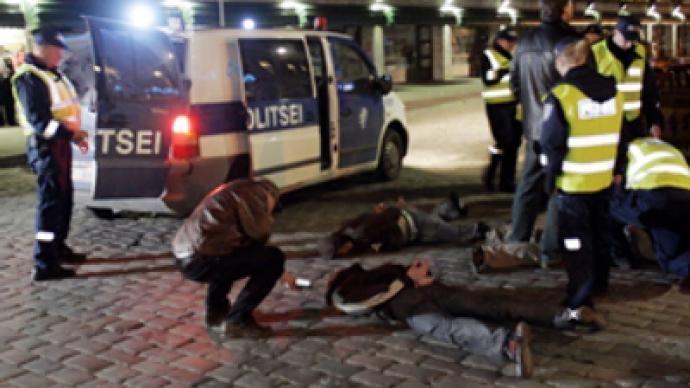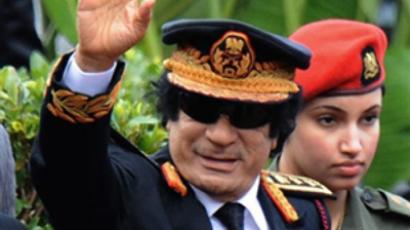Estonia on the way to limiting freedom of assembly?

Estonian parliament has adopted changes to a controversial law which could restrict participation in mass protests.
The law deals with, among others issues, the procedure of amending the Criminal Code and the law on foreigners.
Earlier this year the lawmakers also proposed and voted for amendments introducing criminal responsibility for calls for mass protests and preparation for them, as well as for distributing false information about Estonia which put at risk public security. They also implied the possibility of stripping naturalized citizens of their status for getting involved in mass protests.
In July, Estonian President Toomas Hendrik Ilves dismissed the draft law, which sparked wide disputes in the country. The president said that Estonian laws should prevent crimes against the state and punish people for actions undermining Estonia’s independence, territorial integrity and constitutional order. At the same time, Hendrik believes that it is unacceptable to limit democratic freedoms, especially freedom of assembly and expression.
Several politicians and public figures have criticized the proposed amendments, saying they would affect Estonia’s democratic development.
The parliamentarians believe that President Hendrik was not satisfied with the equivocal wording of the amendments rather than the essence. This time they have given more detailed description of offenses and crimes subject to punishment. For example, the definition “spreading of false information about the country” has been changed to “falsification of the information about Estonia”.
Despite the changes to the original draft, the Estonian Anti-Fascist Committee has spoken against the voted amendments.
“These changes strengthen the legal basis for prosecution of dissidents and target first and foremost foreigners living in Estonia,” the committee’s statement says.
“Now, in the conditions of unstable economic development and the national splitting of civil society, any disagreement with high-ranking officials will be viewed as treason, support of occupation, or a call for mass protests.”
The committee has expressed hope that the president will not sign the document.
The initiative for the amendments comes from rightwing parties following the mass protests by Estonia’s Russian-speaking community in April 2007. The rallies were sparked by the government’s decision to move from central Tallinn a monument commemorating Soviet soldiers who perished in World War Two.













